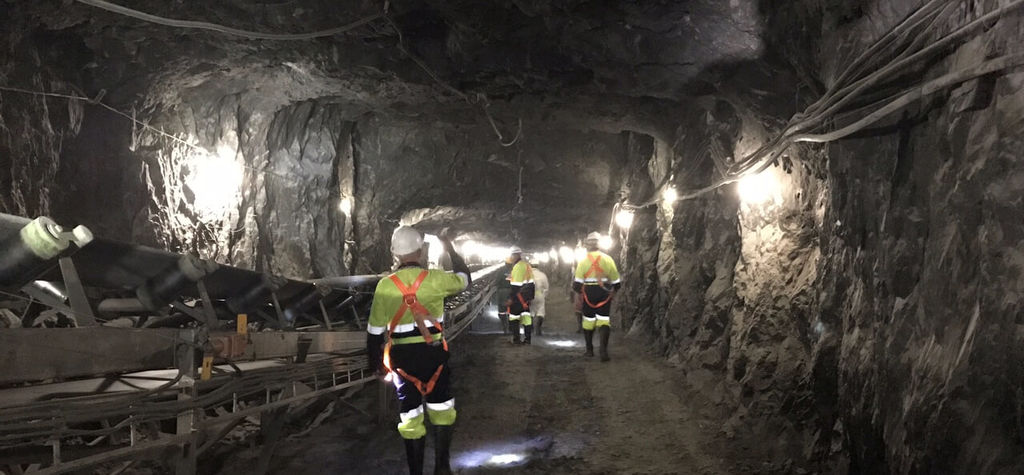By Dumisani Nyoni
Caledonia Mining Corporation Plc (Caledonia) says despite the disruption caused by the COVID-19 pandemic, its mining unit in Gwanda recorded a 27% increase in gross revenues to US$25,5 million in the third quarter of this year.
Caledonia operates Blanket Mine in Gwanda.
According to its operating and financial results for the quarter and the nine months ended September 30, 2020, Caledonia said gross revenues of US$25.4 million were realised in the period under review, up 27% compared to the same period last year.
Gross profitstood at US$12.5 million, 47% up on prior year.
Earnings before interest, taxes, depreciation and amortisation (EBITDA), excluding net foreign exchange gains and share based payments, increased by 34% to US$11.2 million.
Gold production in the period under review amounted to 15 155 ounces compared to 13 646 ounces produced last year in the same period.
In the first nine months to September, gold production amounted to 38 306 ounces.
Tonnes mined and milled in the quarter increased by 10%.
Steve Curtis, Caledonia chief executive officer, said the resilience of Blanket’s operations during this difficult period is testament to the outstanding commitment of the entire team at Blanket Mine.
“Production for the first nine months of 2020 exceeded expectations and this trend continued into October. We have therefore increased our gold production guidance for 2020 from a range of 53 000 to 56 000 ounces to a range of 55 000 to 58 000 ounces,” he said.
“The excellent performance was also reflected in continued strong cash generation: net cash flow from operating activities (that is before interest, taxation payments and capital expenditure) was US$7.4 million in the quarter compared to US$4.9 million in third quarter of 2019.”
Curtis said net cash flow from operating activities for the quarter was after an increase in working capital of US$1.5 million as they replenished their inventories to increase their business resilience to guard against any resurgence of the COVID-19 pandemic which could affect Blanket’s supply chain.
Caledonia ended the quarter with net cash and cash equivalents of US$21.6 million (excluding US$1 million of a gold exchange-traded fund (ETF) which they purchased in the quarter to protect cash in South Africa against devaluation of the South African Rand).
He said the coronavirus pandemic had no appreciable effect on Blanket’s production in the quarter and a minor effect on costs.
However, work on Central Shaft has been slower than planned because travel restrictions imposed to control the spread of COVID-19 affected the movement of specialised equipment and contractors between South Africa and Blanket, Curtis said.
“The project is approximately 12 weeks behind schedule: it is currently expected that the shaft will be equipped before the end of 2020 and will be commissioned during the first quarter of 2021.”
“As a result of this delay, the build-up in production will also be affected: gold production in 2021 is now expected to be in the range of 61 000 to 67 000 ounces; there is no change to the production target of approximately 80 000 ounces of gold from 2022 onwards.”

